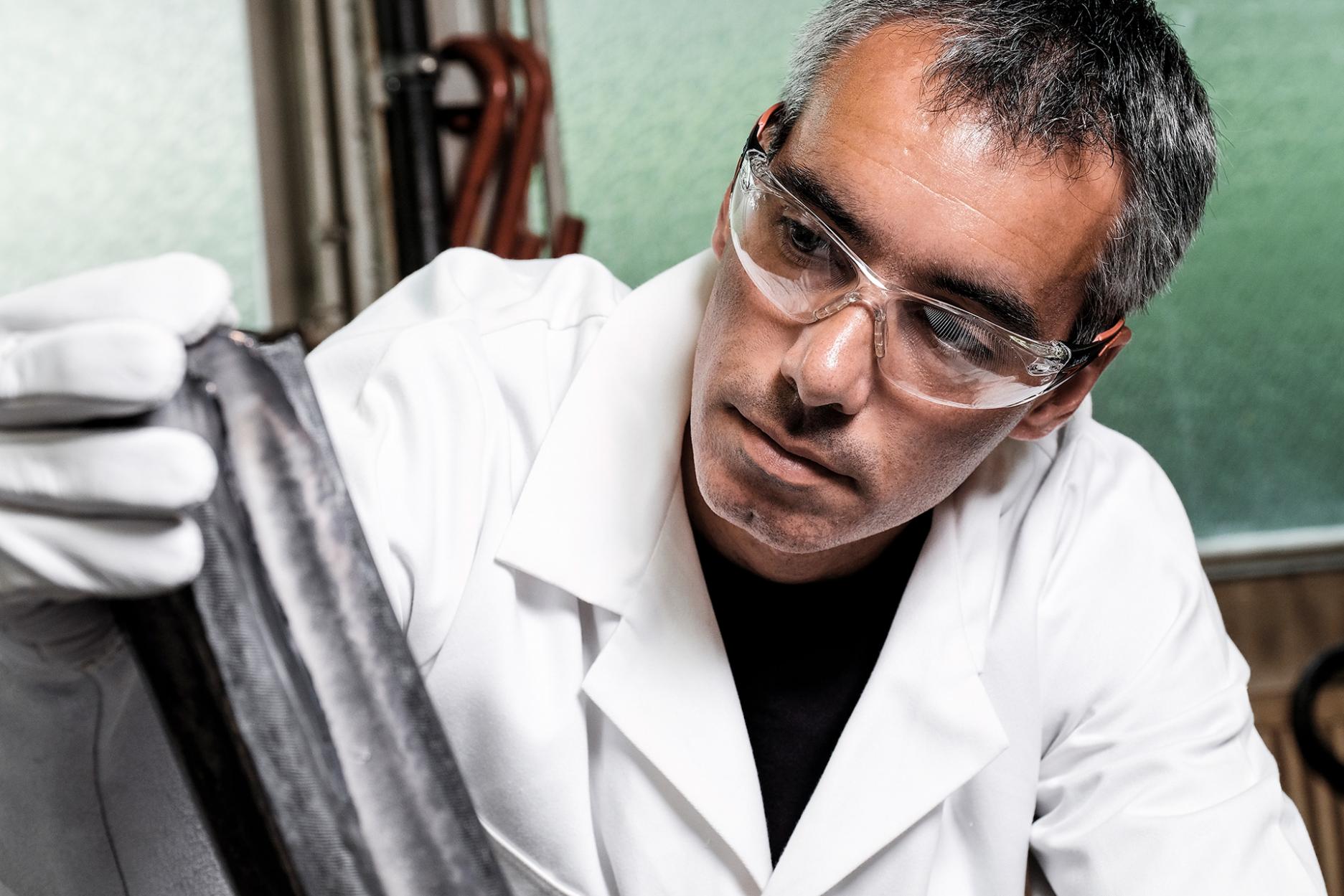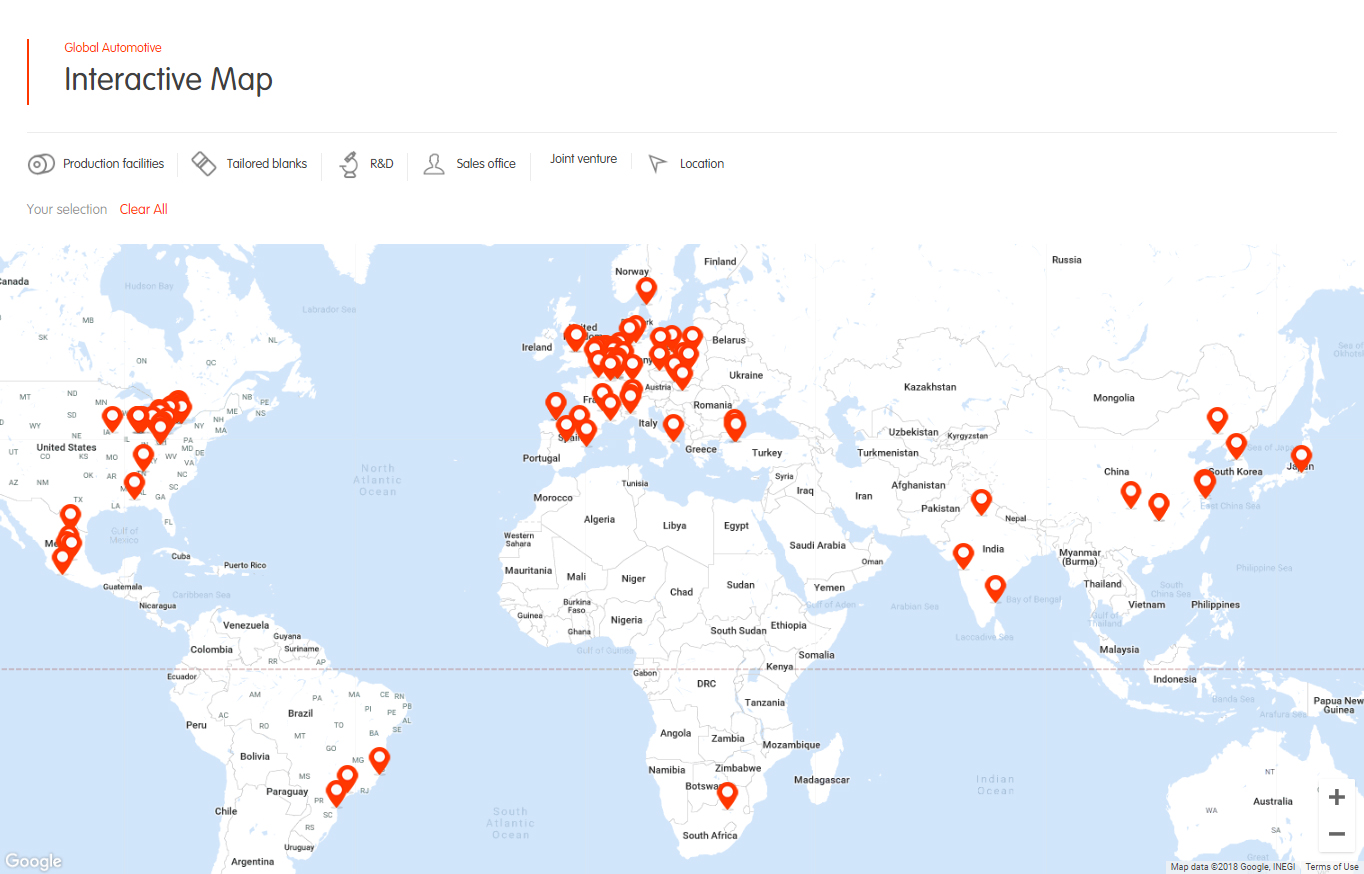Products
Product pages available in
EN - DE - FR - ES
Sustainability
News, events and stories
Products
ArcelorMittal explores and exploits the unique properties of steel like no one else. That’s why the world’s leading automakers invite us to help them create the safest, lightest, and most environmentally friendly vehicles of tomorrow.
Our product catalogue is available in English, German, French and Spanish. Select your preferred language at the top of each product page.


The widest steel product portfolio for automotive
Our automotive steels open the door to lighter, safer, and more sustainable vehicles – at an affordable cost.
As the world’s leading supplier of steel products and solutions, ArcelorMittal is a key partner for the global automotive industry. Whatever part or vehicle carmakers are building, ArcelorMittal can propose a lightweight steel solution which is cost-effective, easy to implement, efficient and safe.
ArcelorMittal’s automotive offer includes flat, tubular, and long steel products.
Globally available
Our next-generation steels serve the world’s fastest-growing and most developed markets. With a global production presence in 22 countries, ArcelorMittal’s products are available wherever major automakers are present. Our proximity to OEMs in their growth markets reduces risk, shortens the supply chain, and gives OEMs greater flexibility. They value our reach – both geographic and technical.







